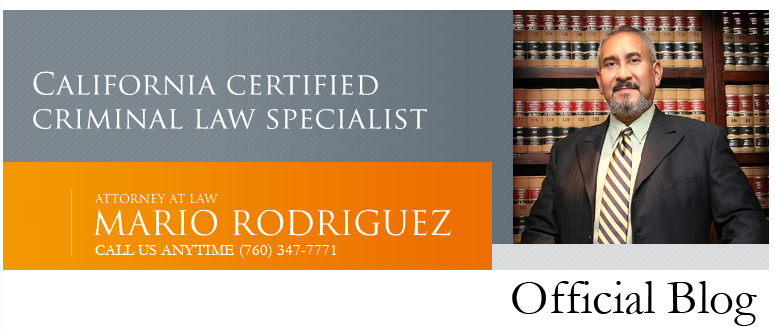The U.S. Supreme Court decided in early November to consider whether a juvenile burglary suspect who was interrogated at school by the police should have been given a Miranda warning about his rights.
In 2005, a North Carolina boy identified as J.D.B., a 13-year-old special education student, was questioned by police who showed up at his school. He was suspected in a string of neighborhood burglaries.
The boy was escorted to a school conference room, where he was interrogated by a Chapel Hill, N.C., juvenile crimes investigator in the presence of the school resource officer, an assistant principal, and a school administrative intern. J.D.B.'s parents were not contacted, and he was not given any warnings about his rights under the 1966 high court decision in Miranda v. Arizona, such as the right to remain silent or to have access to a lawyer.
After being confronted with the officer’s suspicions, and with the assistant principal urging him to "do the right thing because the truth always comes out in the end," the boy confessed to the burglaries and wrote a statement admitting the crimes.
Juvenile-delinquency proceedings were filed against the boy charging him with two counts each of breaking and entering and larceny. His lawyers filed a motion to suppress his confession but they lost in lower courts and before the North Carolina Supreme Court.
The North Carolina Supreme Court rejected the boy's claim that he was in custody during the school interrogation and should have been given a Miranda warning. In a 4-3 decision in December 2009, the court said it could not consider the boy's age or special education status in determining whether he was in custody, and because he was not in custody, he was not entitled to Miranda warnings.
One of the dissenting justices said the police took advantage of the middle school's "restrictive environment and its psychological effect by choosing to interrogate J.D.B. there."
"It is troubling that in the instant case a public middle school, which should be an environment where children feel safe and protected, became a place where a law enforcement investigator claimed a tactical advantage over a juvenile," said the dissent.
The court will hear arguments in the case early next year, with a decision likely by late June 2010.
Subscribe to:
Post Comments (Atom)

No comments:
Post a Comment